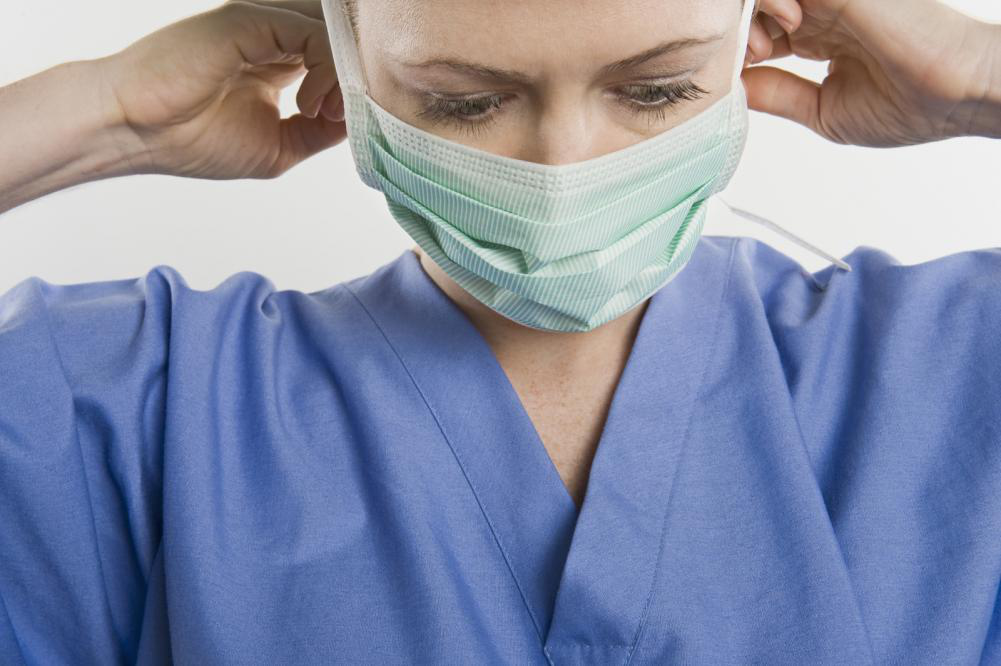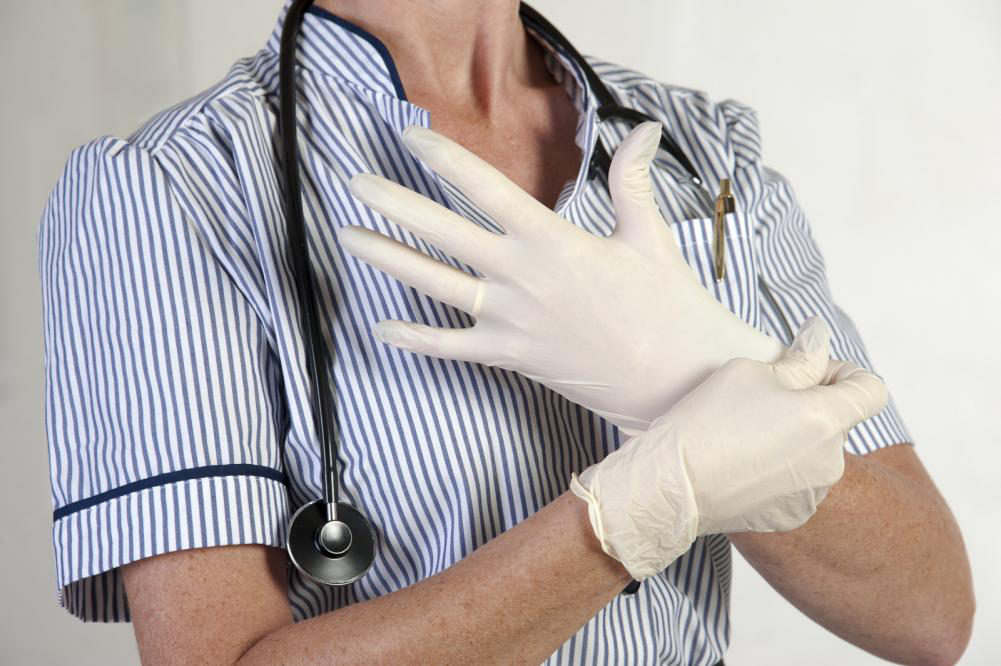What Nurses Need to Know About Workplace Safety
Every employee and worker has the legal right to a safe and healthy workplace—and nurses are not an exception. Nurses play an extremely crucial and important role in our society. They are a primary part of medical teams, and provide care and support to patients.
Sadly, nurses often suffer from injuries during their service. Some common reasons may include an overabundance of work, slip and fall accident, fatigue, amongst several others. They are also vulnerable to illness and disease if they come in contact with harmful substances.
Therefore, it’s important for nurses to familiarize themselves with workplace safety to ensure that they remain safe. Here are a few important points about workplace safety that every nurse must know.

Don’t Tolerate Workplace Violence
According to the National Institute of Occupational Safety and Health (NIOSH), workplace violence can be defined as the “physically and/or psychologically damaging actions that occur in the workplace or while on duty.”
Nurses are extremely vulnerable to workplace violence—especially if they’re working in areas where crime rates are high. The chances of such instances are augmented during lunch times and visiting hours, particularly when the staff levels are low.
Sadly, nurses do not have any protection from workplace violence under the U.S. federal law. However, there are several states that are passing legislations to fight against workplace violence and create a safer work environment for nurses and other medical staff.
Nurses should request healthcare facilities to install CCTV cameras and invest in security systems to reduce the likelihood of any adverse events. Moreover, they need to be particularly careful when dealing with patients who have a history of aggression, violence, intoxication, drug abuse, among other conditions that can make them hostile and violent.

Be Careful When Handling Sharp Objects
According to the statistics, 385,000 sharps-related injuries occur each year among workers working in the health care industry. Nurses handle sharp medical equipment on a regular basis, exposing them to blood-borne pathogens. This can make them vulnerable and present a serious risk of developing a serious medical condition.
The Needlestick Safety and Prevention Act requires all employers to take adequate measures to reduce the exposure of medical professionals to such injuries and also maintain a log containing every sharp injury that has taken place in their facility.
Moreover, there are several other laws and regulations that make it compulsory for organizations operating in the healthcare industry to use needles with safety caps to decrease the likelihood of puncture wound. Therefore, if your medical facility fails to adhere to these laws and regulations, you should discuss the matter with the authorities to ensure your safety.
In addition to that, nurses must also take great caution and care when drawing blood from patients— especially if a patient is suffering from a contagious or infectious disease. The risk of injury amplifies during night shifts due to exhaustion and fatigue; therefore, you must remember to take all preventative steps when handling sharp objects, especially needle sticks.

Be Vigilant About Latex Allergy
Latex allergy is also one of the most prevailing workplace injuries in the healthcare industry that continues to pose a health hazard for nurses. Nurses should always ensure that they’re using latex gloves while providing care to patients. This will help them remain safe from coming into contact with allergy-causing and toxic substances.
Unfortunately, the low quality latex gloves contain a powder that’s toxic and can potentially lead to allergies and rashes. There has been several instances where nurses and medical practitioners suffered from anaphylactic shock, an allergic reaction that can prove to be life-threatening.
The worst part is; the symptoms of these allergic reactions may develop after prolonged use, even when an individual is not using these gloves. Therefore, nurses must make sure that they’re provided gloves that do not contain powder or any toxic material that can lead to any health and safety issues.
If there’s no other alternative available and usage of powdered latex gloves is inevitable; you must make sure to thoroughly rinse their hands with clean water immediately after the use. Moreover, you can wear synthetic gloves under your latex glove to avoid contact.
Remember, if you are sensitive to latex, it’s important to refrain from using latex gloves and look for an alternative. Moreover, if you’ve experienced any allergy or rash, you should immediately seek medical attention.
If you already have latex sensitivity, it will become even more challenging for you to avoid further exposure. If the symptoms get worse, speak to your employer immediately and don’t forget to consult a doctor.
Final Words
Though nurses are highly susceptible to safety issues, learning about workplace safety can reduce the risk of any adverse situation taking place. Primarily, it’s the responsibility of healthcare provider to maintain a secure environment for their staff to ensure their safety.
However, there are inherent risks that come with the nursing professions that require consideration and precautionary measures by nurses—to ensure that they’re safe and able to continue their services without affecting their mental and physical health.
If you’re a nurse seeking permanent placement services, you can contact the Medical Associates Consulting. We provide medical staffing service in California to help nurses and other healthcare professional’s explore great career opportunities. For further information, call us at (800) 930-0269 or visit our website.
